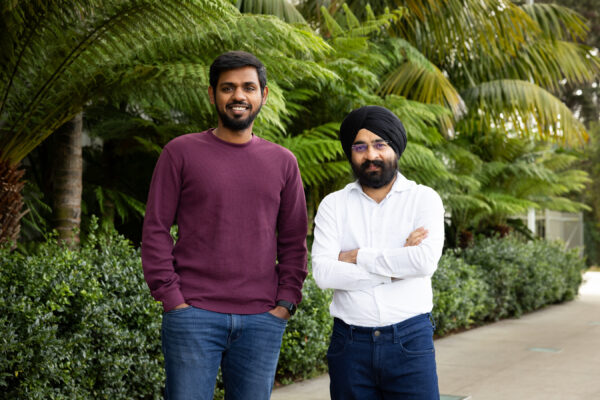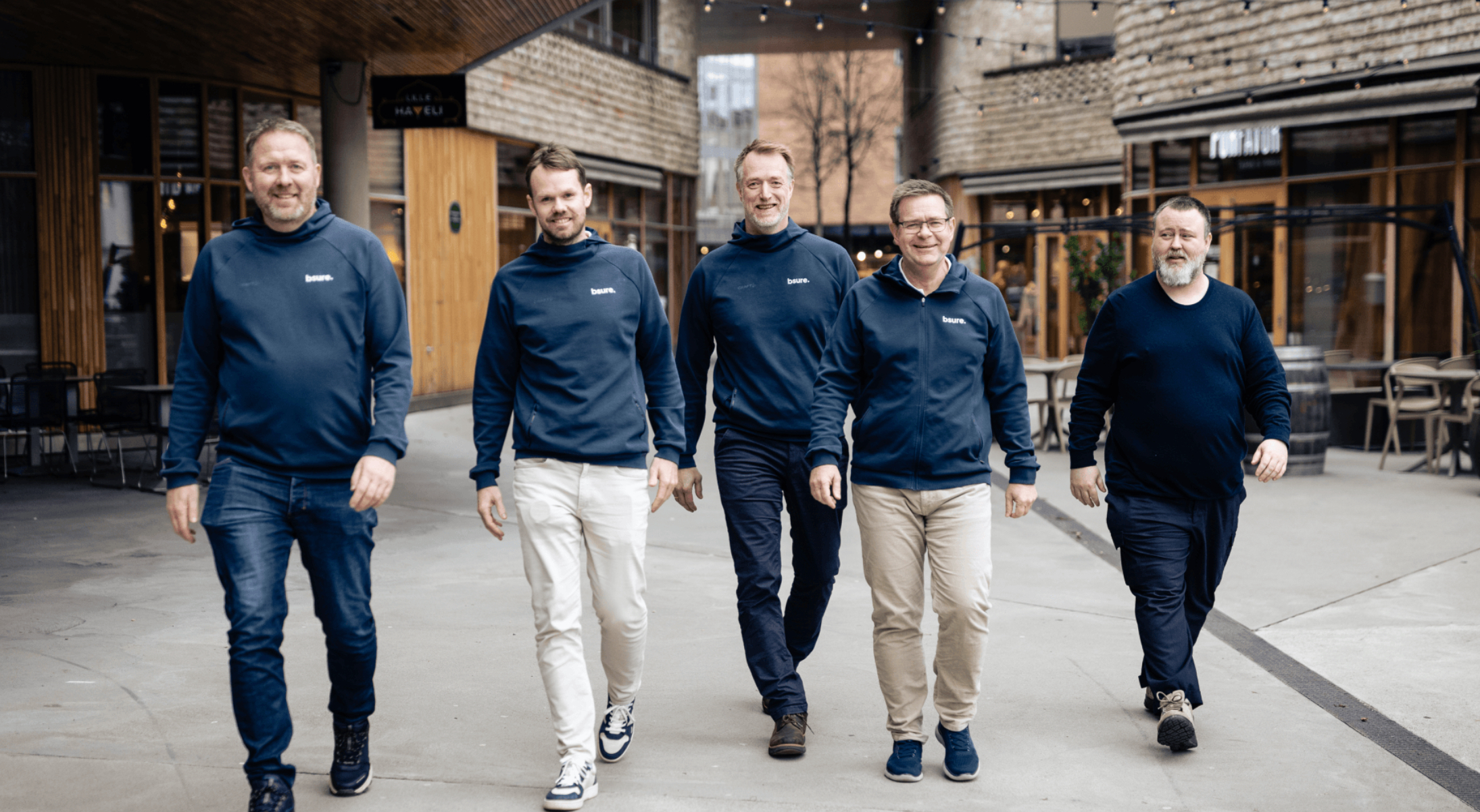In a crowded biotech landscape where antibiotic breakthroughs rarely break through, Peptilogics has secured a commanding $78 million in an oversubscribed Series B2 round to fuel its pivotal trial of zaloganan (PLG0206), a therapeutic candidate aimed at prosthetic joint infections (PJI).
The financing was led by Presight Capital, Thiel Bio, and Founders Fund, with fresh capital from AMR Action Fund, Narya Capital, and Beyond Ventures. This round elevates Peptilogics’ total equity raised to roughly $120 million—with additional backing from non‑dilutive grants via CARB‑X.
Jonathan Steckbeck, PhD, CEO and co‑founder of Peptilogics, framed the rationale plainly: “Hardware‑related infections like PJI are different from other common infections… we chose to focus on this huge unmet need because the lack of effective therapeutic options alters the commercial landscape.” The company argues that by targeting surgical-device–associated infections, it may sidestep many of the headwinds faced by traditional antibiotic development.
At the heart of Peptilogics’ bet is zaloganan (PLG0206), a locally applied peptide that aims to penetrate biofilms—the protective matrix that shields bacteria from systemic antibiotics. In a small Phase 1b cohort using zaloganan irrigation during DAIR (debridement, antibiotics, and implant retention) surgeries, 13 of 14 patients (93%) remained infection-free after 12 months—a figure that offers a compelling opening signal.
Nick Pachuda, Peptilogics’ COO and former orthopedic surgeon, underscores the science: “Biofilm is the common enemy… existing surgical interventions fail even with systemic antibiotics.” Zaloganan’s design intends to disrupt bacterial membranes within the biofilm directly—a method not shared by standard therapies.
Prosthetic joint infections are rare in absolute terms but catastrophic in impact. The U.S. sees about 45,000 such cases annually. Current therapies—ranging from implant-sparing DAIR procedures to multi‑stage revision surgeries—fail in up to 50% of cases or leave patients facing months of disability, multiple operations, and a staggering cost burden (often exceeding $390,000 per patient).
Peptilogics has obtained regulatory advantages for its path: QIDP, Orphan Drug, and Fast Track designations in the U.S. Its upcoming Phase 2/3 randomized, placebo-controlled superiority trial (starting December 2025) will aim to enroll 240 patients, with primary endpoints measuring clinical failure rates and secondary outcomes spanning hospital stays, readmissions, and cost metrics.
Editorial & Market Perspective
Antibiotic innovation remains one of biotech’s toughest frontiers: scientific risk, regulatory complexity, and uncertain returns deter many capital pools. Peptilogics’ approach—reframing PJI not as a side effect but as a surgical complication to be treated directly—is strategic. It occupies a niche between infectious disease and surgical therapeutics, which could help it slip past stalemates that soak up conventional antibiotics.
Still, challenges loom. Scaling a peptide therapeutic for device-associated infection means surmounting formulation, delivery, stability, and regulatory hurdles. If the pivotal trial falters, the narrative could shift from “breakthrough” to “unmet promise.” Yet, this capitalization round signals investor confidence is high. With rising volumes of joint replacements projected through 2030, the addressable market is growing even as unmet need persists.
If Peptilogics can demonstrate reliable robustness across diverse patient populations and device types, it may succeed in ushering a new therapeutic class—one that blends engineering, biology, and precision medicine around surgical devices. In a world desperately seeking new antimicrobial strategies, small victories in neglected niches may cumulatively tilt the odds.
If you need further assistance or have any corrections, please reach out to editor@thetimesmag.com.











